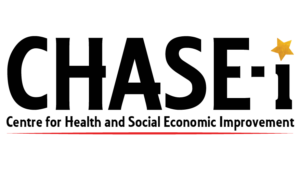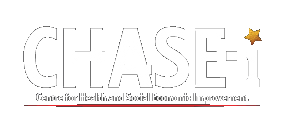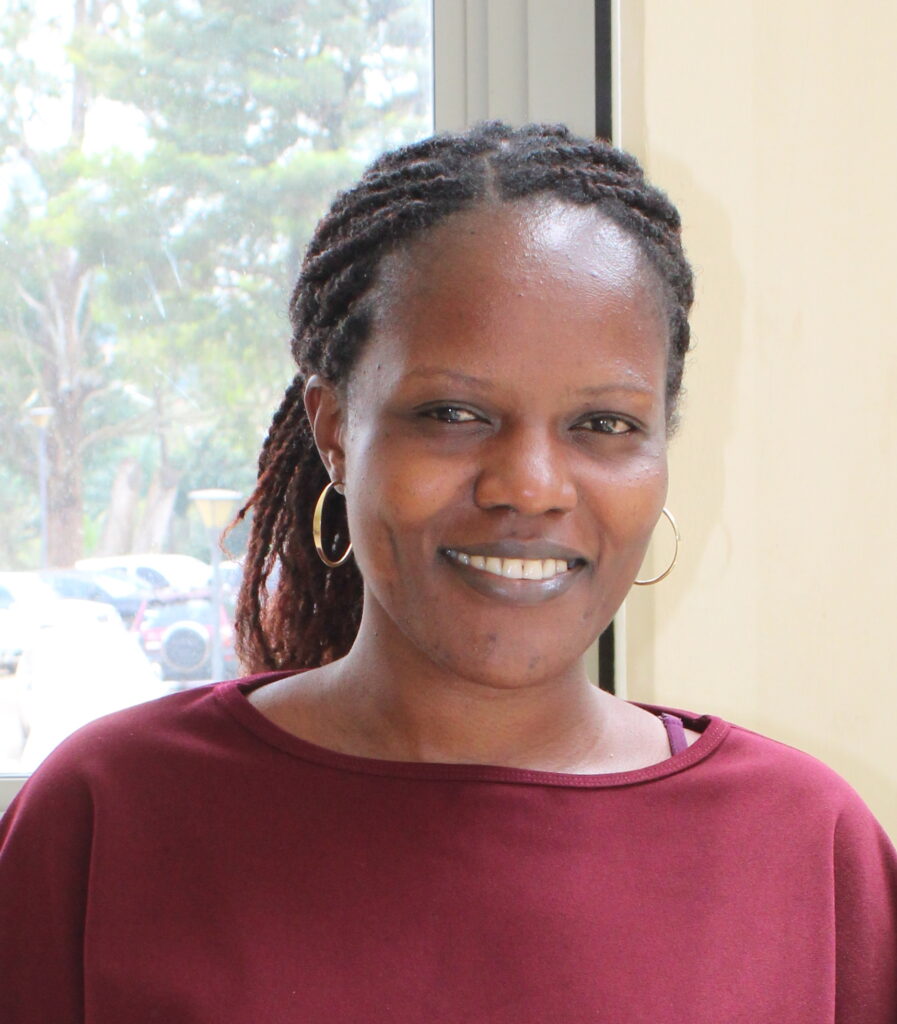Key Focus Areas
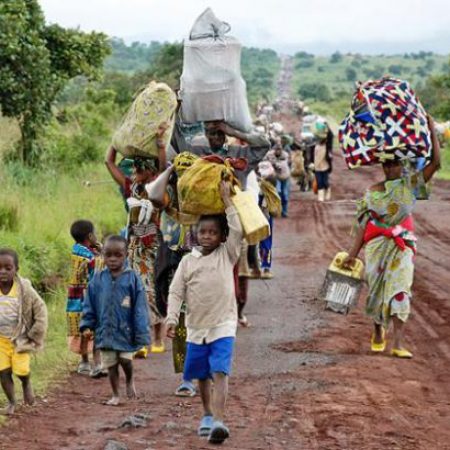
Health in Humanitarian Crises
Different 21st century events have left more than 71 million people forcibly displaced. Many are displaced from their homes but remain in their countries, while others are refugees who have fled their home countries. Refugee hosting nations like Uganda bear the extra burden of sustaining essential services for both refugees and resident nationals, despite having constrained resources and fragile systems. Our work spans service development and evaluation of projects and programmes in Water, Sanitation and Hygiene (WASH), Reproductive, Maternal Newborn, Child and Adolescent Health (RMNCAH), Education, Nutrition, Education, and Protection – including Livelihoods, Child Protection, Sexual and Gender-based Violence (SGBV) among others. We support humanitarian and development organizations to improve programming outcomes.
RMNCAH
Reproductive, Maternal, Newborn, Child and Adolescent Health (RMNCAH) outcomes are still poor in nearly all developing countries. Yet contributors to these poor outcomes are mostly preventable. Improving the health of adolescents, women and children is both a challenge and priority. Focus on high-leverage intervention points across the RMNCAH continuum, with sustainable high-impact interventions, has the capacity to reverse this trend and significantly improve outcomes. Our work in this area involves research, intervention design, implementation, evaluation and capacity building.
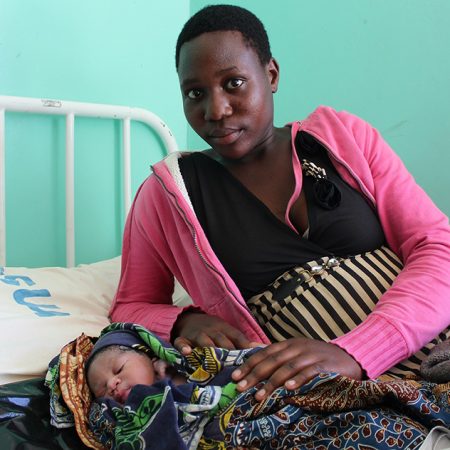
Policy & Health Systems
Today’s health patterns and needs are significantly different from what they were a few decades back. Policy and health systems responding to these diverse, complex and evolving needs must be inclusive, robust and resilient. Required skills, infrastructure and key inputs must be aligned. The quality of service must continually adapt and improve; as the safety of both service users and providers is ensured. We support policy development and implementation to improve health and well-being. We evaluate and analyse policy and provide recommendations to governments, development partners, policy makers and implementers – including frontline health workers. We support the development of community-facility coalitions and partnerships with shared goals backed by collective action, also holding each other accountable. We conduct health systems and policy research (HSPR) and develop interventions which continuously contribute to key sector priorities including health system strengthening (HSS) and Quality Improvement (QI).


Climate change and NFSAL (Nutrition, Food Security & Livelihoods)
Like many other countries, Uganda has an increased risk to Non Communicable Diseases (NCDs). Most of this is tied to the population’s nutrition and dietary patterns, more pronounced in certain population segments than others and resulting in a multiplicity of problems. For example through its REFLECT and ALERTs studies conducted in 2020, CHASE-i established the magnitude of COVID-19; and its impact in urban slums and refugee settlements. This was a starting point against whose backdrop robust interventions will be designed and implemented – all informed by the emerging evidence.
Through its multidisciplinary and multi-sectoral partnership approach, CHASE-i continues to innovate and implement solutions geared to addressing these real-life problems of our time. For example through its REFLECT and ALERTs studies, CHASE-i is at an initial stage of establishing the magnitude of COVID-19; and its impact in urban slums and refugee settlements. This is a starting point against whose backdrop robust interventions will be designed and implemented – all informed by the emerging evidence. One of CHASE-i’s other flagship projects, the Food and beverage Advertising targeting Children in Uganda (FACe-U) study, seeks to make a contribution in reversing childhood obesity and NCD risk through using media monitoring data to first determine the nature and extent of this advertising and then use this to design concrete interventions improving child and adolescent health outcomes. In 2019 CHASE-i, represented by Dr Gloria Seruwagi, supported the design of a four year peace and development multidisciplinary programme (MIRP) which included nutrition, food security and livelihoods among others. The MIRP Programme was developed with different partners including Action Against Hunger, Lutheran World Federation, Norwegian Refugee Council and Church of Sweden, funded by the Embassy of Sweden/Sida.
> Flagship Nutrition/NCD , Food Security & Livelihoods projects
Protection, Social Equity & Youth
Protection of persons at risk, with special needs, marginalised or vulnerable remains a critical need in both developed and developing countries. It is a reflection of humanity; also, an indicator of a nation’s value on the rights, and dignity of its greatest resource – people. Equitable, evidence-based, locally-driven, contextually-appropriate and sustainable approaches must be adapted for the protection of people disadvantaged by genetic or environmental factors. In this domain we work with communities and key stakeholders on diverse protection issues including sexual and gender-based violence (SGBV) and its effects, child protection, livelihoods and other social determinants of health and wellbeing. We support government, International Non-Government Organisations (iNGOs), Community Based Organisations (CBOs) and other Protection Champions to conceptualise, design, implement and measure the effectiveness and outcomes of their interventions.
Youth represent three quarters (3/4) of Uganda’s population. They have great potential but also remain vulnerable on many fronts – socially, economically, in terms of health and education, even politically. At CHASE-i we are intentional about contributing to remove bottlenecks and improve the life of young people to maximize their potential and also make a meaningful contribution in their different spaces in society. Our work with youths spans SRH, mental health, education, livelihoods and meaningful youth engagement in development.
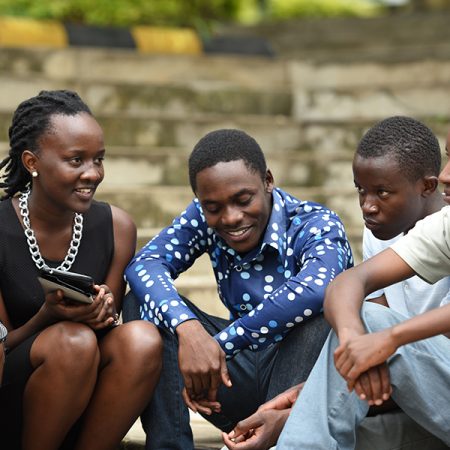
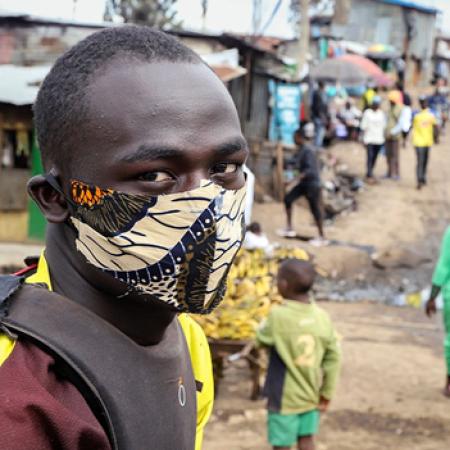
Urban Health & Wellbeing
55% of the global population dwells in urban areas. For cities like Uganda’s capital Kampala, more than half (65%) of its population lives in informal settlements including slums. The gap between the rich and poor remains very wide and the evidence shows urban health outcomes to be poorer when compared to their rural counterparts. With largely inadequate or dysfunctional (sanitation, health and social) systems as well as overcrowding, urban areas continue to register increasing unemployment, violence, crime, disease and poorer RMNCAH outcomes. Yet many developing countries aspire to have sustainable cities and transition to middle income status in short, ambitious timeframes. Prioritising urban health has never been more important than now – we conduct research and engage stakeholders – especially communities – within informal settlements in Kampala to give voice and visibility to key issues affecting them; and how these can be addressed. We apply approaches that are community-led, driven and validated to support the improvement of health and well-being in urban areas.
